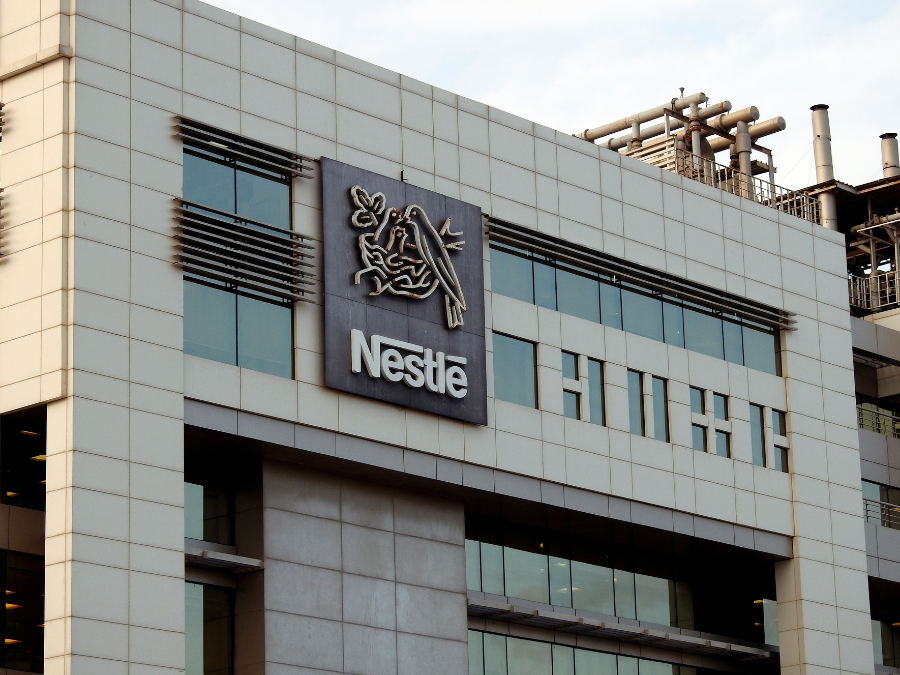
Nestlé is set to invest in its operations in Egypt, adding four production lines to its factory near Cairo.
The Swiss giant announced plans to bolster production at its factory in 6th of October city, in the Giza Governorate in Egypt. Three of the new lines will be for Maggi products, and the fourth for Nido dairy products, a spokesperson confirmed to Just Food.

Discover B2B Marketing That Performs
Combine business intelligence and editorial excellence to reach engaged professionals across 36 leading media platforms.
“The production lines will be fully operating in December 2023 and the production capacity of these lines will be directed to export,” the company added.
Nestlé operates three facilities in Egypt in total: two in 6th of October city, manufacturing Maggi, Cerelac and Nesquik products, as well as repacking Nido, Nescafé and Bonjorno. The third produces Nestlé Pure Life and Baraka bottled water.
When asked why the KitKat maker is making the investment, a spokesperson said: “The opening of these production lines reflects Nestlé’s ambition to invest in Egypt, we have been part of the Egyptians’ life for over 100 years and we are confident that Egypt offers great business and economic opportunities.”
The financial details of the investment will be announced in December with the inauguration of the production lines.

US Tariffs are shifting - will you react or anticipate?
Don’t let policy changes catch you off guard. Stay proactive with real-time data and expert analysis.
By GlobalDataNestlé revealed it had invested around E£100m ($3.2m) in its Egyptian operations in 2021, after expanding its production capacity at the 6th of October city factory.
The site, which started operations in 1991, was then home to over 46 production lines for filling, packaging and mixing. The total number of workers exceeded 1,200 employees and the total volume of production also increased reaching a total of 50,000 tonnes a year.
The Swiss company announced in its half-year results that its Asia, Oceania and Africa regions accounted for Sfr9.1bn ($10.35bn) worth of sales for the period, down slightly on the previous year’s Sfr9.3bn. Organic growth was 9.3%.



